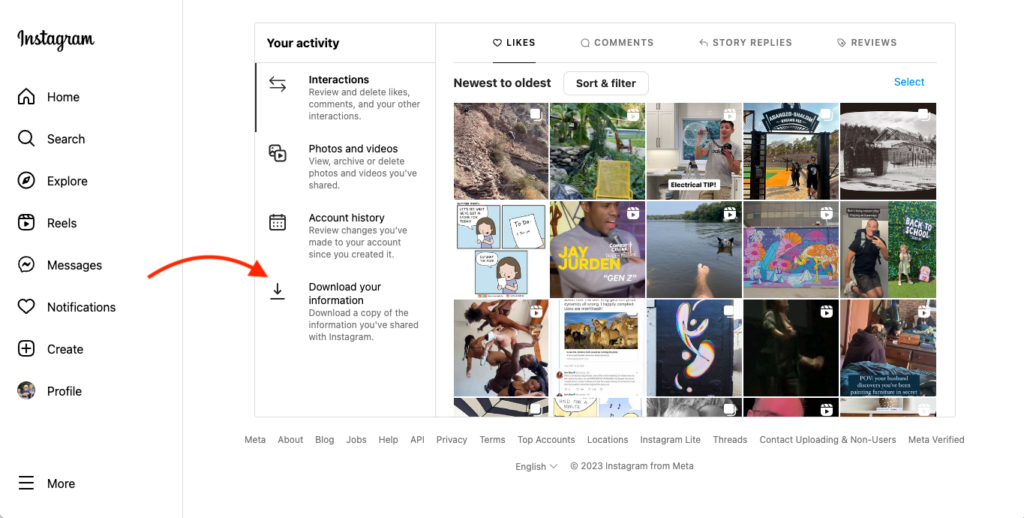Now Reading: How Urban Living Makes People Emotionally Distant
-
01
How Urban Living Makes People Emotionally Distant
How Urban Living Makes People Emotionally Distant

In India, particularly in Tier 2 and Tier 3 cities experiencing rapid urbanization, city life is changing how people connect emotionally. Fast-paced routines, long commutes, and constant digital engagement often leave little time for meaningful relationships. Individuals may appear socially connected online while feeling emotionally isolated offline, creating a subtle but growing distance in personal connections.
One key factor is lifestyle pressure. Urban living demands career focus, financial stability, and social participation, leaving limited energy for nurturing close bonds. Friendships and family relationships often take a backseat to professional responsibilities and personal ambitions.
Technology also plays a role. Messaging apps and social media provide the illusion of constant interaction but often replace face-to-face communication. Quick exchanges and curated online interactions cannot replicate the depth of in-person conversations, contributing to emotional detachment.
Cultural shifts amplify the effect. Traditional support networks, once central to Indian life, are less accessible in cities. Migrants and young adults living away from extended family may feel emotionally adrift, relying on transient social circles or online communities for connection.
Addressing emotional distance requires conscious effort. Prioritizing quality interactions, spending time with family and friends, and setting boundaries with digital distractions can help rebuild emotional intimacy. Mindful engagement and self-awareness are key to balancing urban demands with meaningful relationships.
Ultimately, urban living challenges emotional closeness but does not make it impossible. Recognizing the causes of detachment allows individuals to foster authentic connections while navigating the pace and pressures of city life.

























